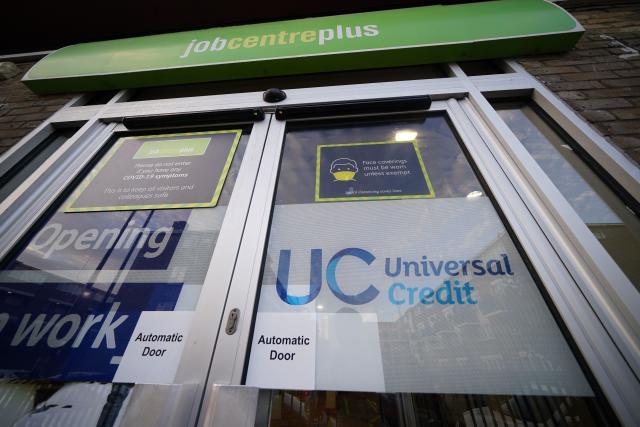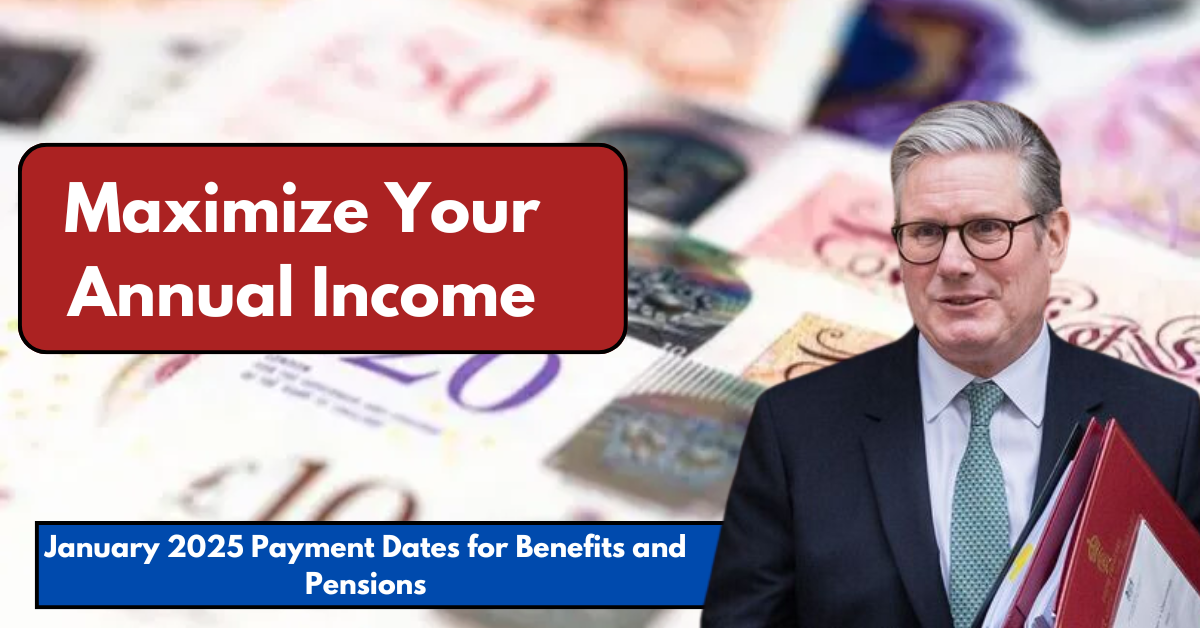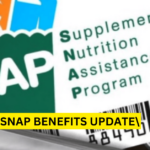As January 2025 arrives, many individuals and families are beginning to plan ahead, knowing that the winter months bring added financial challenges. From utility bills to groceries, costs continue to rise, making it more important than ever to stay on top of when financial support arrives. In the UK, benefits and pension payments will continue to provide much-needed assistance for millions of people, with January’s payment dates being especially important for those on a fixed income.
January Benefit Payment Dates
The UK’s Department for Work and Pensions (DWP) has announced the payment dates for January 2025, covering a variety of benefits and pensions that help people manage day-to-day expenses. For most, these payments will be made as scheduled. However, there are a few adjustments to be aware of, particularly due to how public holidays may affect the dates.
Here are the key payments expected in January 2025:
- Universal Credit
- State Pension
- Pension Credit
- Child Benefit
- Disability Living Allowance (DLA)
- Personal Independence Payment (PIP)
- Attendance Allowance
- Carer’s Allowance
- Employment Support Allowance (ESA)
- Income Support
- Jobseeker’s Allowance
For payments that would typically be issued on New Year’s Day (January 1), these will be advanced to December 31, 2024. Similarly, many payments scheduled for January 2 will be issued on New Year’s Day. However, Universal Credit will still be issued on January 2 as usual.
Important Changes in Benefit Payment Procedures

Alongside the regular payments, the DWP has shared that there will be a major shift coming in 2025. Starting in Spring, a consultation will be launched focusing on reforming sickness and disability benefits. This review is expected to create improvements aimed at providing better support for people living with disabilities.
What Are the Available Financial Supports for Households?
As the cost of living continues to rise, households can access additional forms of financial support beyond standard benefits. The government has rolled out several initiatives designed to help individuals and families navigate these tough times.
1. Household Support Fund:
This fund, allocated to local councils, offers assistance for vulnerable households. Some councils use the money for cash grants, supermarket vouchers, or to assist with energy bills. The scheme has been extended until March 2025 to continue supporting those who need it most.
2. Budgeting Advance Loans:
For those on Universal Credit who face sudden financial hardship, the government offers interest-free loans. These loans can help cover emergency expenses and will be automatically deducted from future Universal Credit payments. You can borrow up to £348 if single, £464 for couples, or £812 if you have children.
3. Charitable Grants:

Many charitable organizations provide grants for people facing financial difficulties. These are available for various groups, including the disabled, carers, and students. The Turn2us charity offers a helpful tool to find available grants.
4. Energy Provider Help:
If you’re struggling with high energy bills, contact your energy supplier, as many offer support programs for vulnerable customers. British Gas, for example, offers grants of up to £2,000 for those facing financial hardship.
5. Council Tax Reduction:
Some councils offer reductions in council tax bills for those on certain benefits or facing financial hardship. If you qualify, you may be able to reduce or eliminate this expense.
6. Warm Home Discount:
Eligible households can receive a £150 discount on their energy bills, typically automatically applied if you meet the income criteria.
What About Upcoming Benefit Rate Changes?

In the 2024 Budget, Chancellor Rachel Reeves confirmed an increase in benefits. From April 2025, benefits will see a rise of 1.7%, matching inflation in September 2024. This increase will apply to all working-age benefits, including Universal Credit, PIP, and ESA.
For pensioners, the State Pension will increase by 4.1%, reflecting the “triple lock” system that ties it to wage growth. This means pensioners will see an additional £472 a year.
What to Expect with Energy Prices?
Energy prices remain a key concern for many families. The Energy Price Cap has been raised slightly for the January to March 2025 period, meaning energy bills will likely rise by 1.2%. With further increases expected in April 2025, it’s important to consider energy-saving tips and look into support schemes for reducing energy costs.
Conclusion
For anyone receiving benefits or pensions in January 2025, it’s important to note the specific dates for payment adjustments due to public holidays. The government continues to offer a range of additional support through funds, loans, and grants to help ease financial pressures. While inflation continues to impact living costs, these efforts aim to make it easier for people to cope.
This article has been carefully fact-checked by our editorial team to ensure accuracy and eliminate any misleading information. We are committed to maintaining the highest standards of integrity in our content.
Premlata is a seasoned finance writer with a keen eye for unraveling complex global financial systems. From government benefits to energy rebates and recruitment trends, she empowers readers with actionable insights and clarity. When she’s not crafting impactful articles, you can find her sharing her expertise on LinkedIn or connecting via email at biswaspremlata@gmail.com.









